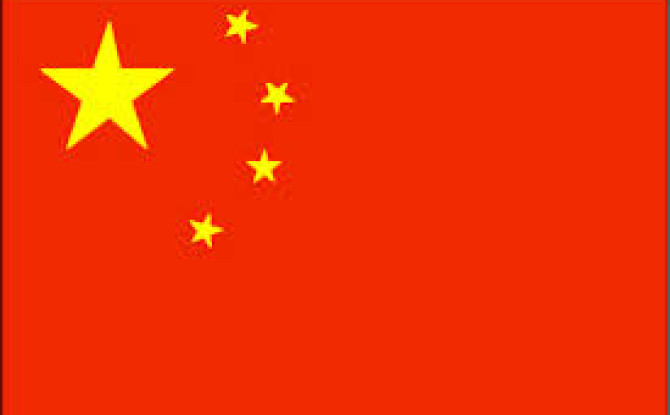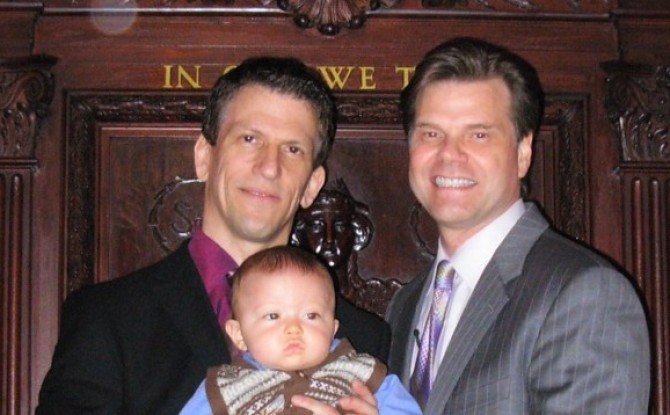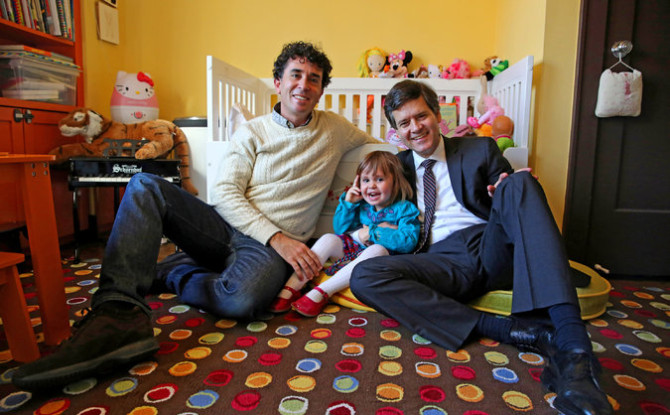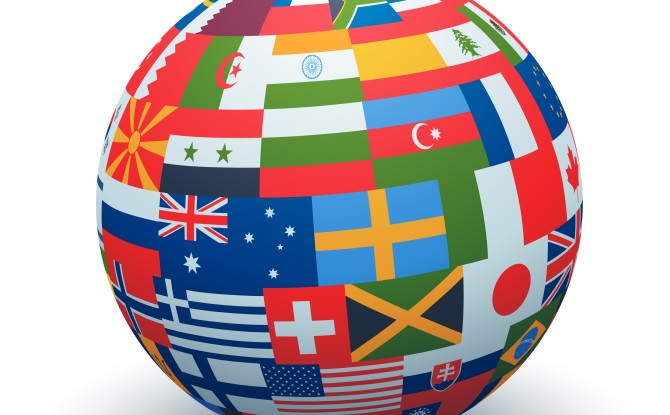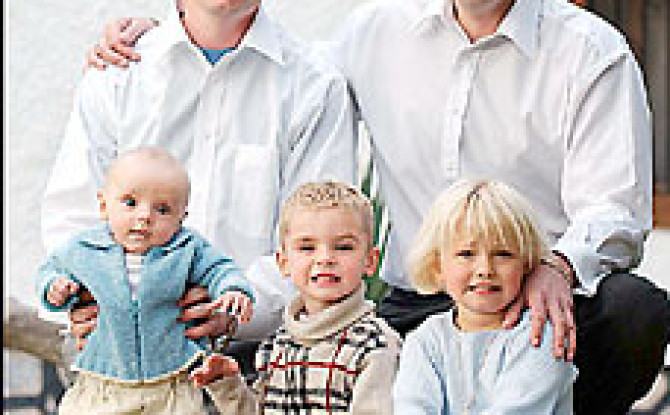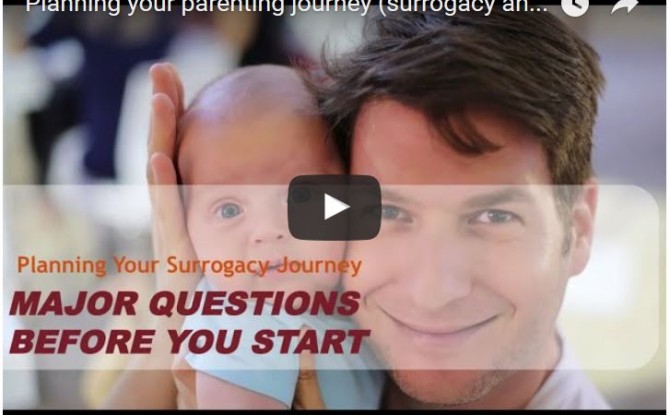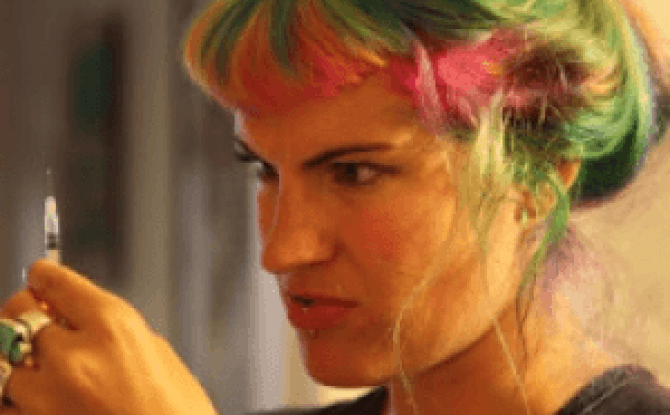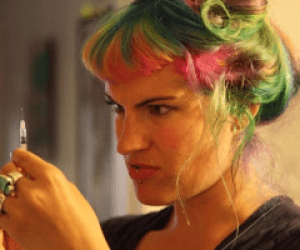Men Having Babies (MHB) offers assistance to gay fathers
Anthony Brown said, while growing up, he never saw a future where he’d be able to get married or have a child. However, today, because of how much society has changed in the past decade, he shares a 6-year-old son with his husband. Brown and his husband were fortunate in that they were able to afford to use a surrogate to start their family. For many would-be dads, the cost of surrogacy is prohibitive, reaching between $110,000-$140,000, Brown said. That is why, two years ago, the nonprofit Men Having Babies, which was founded in New York nearly a decade ago, began its Gay Parenting Assistance Program ( GPAP ) to help gay men afford surrogacy, start a family and become gay fathers.
Brown, a Men Having Babies board members, said GPAP is a program for gay men and trans women that offers assistance in the form of donated or discounted services and cash grants to eligible applicants who are accepted into the program.
“There are two stages,” Brown said. “In stage one, you get certificates for discounts from participating agencies and clinics.
“If you qualify, you are then invited to apply for stage two, and we actually give donated services and cash grants to people who pass through the grant committee selection process.”
Brown said the program has completed two full grant cycles and will soon enter into its third cycle.
“In those two years, we have given away at least $1.5 million worth of donated or discounted services or cash grants,” he said.
In addition to GPAP, Men Having Babies puts on annual conferences in five global cities: New York, Chicago, San Francisco, Brussels and Tel Aviv.
The conferences offer a wealth of information and personal experiences to prospective fathers, including how to choose a provider, costs associated with the process, resources available, the legal aspects of the process and much more.
A big decision prospective fathers need to make is whether they will use a domestic surrogate or look internationally for a surrogate.
Gay Fathers Offered Assistance by M.H.B., Men Having Babies
Men Having Babies focuses on domestic surrogacy, but at the organization’s Chicago conference, held in September, it brought in Canadian fertility lawyer Cindy R. Wasser, founder of Hope Springs Fertility Law, to talk about Canadian surrogacy options.
“There are some very good Canadian options, and law in Canada for surrogacy is very positive,” Brown said.
Wasser discussed some of the differences she has seen between surrogacy in the United States and surrogacy in Canada.
“One of the key differentiators for anyone coming to Canada is the cost,” Wasser said. “Our services are less expensive, and the dollar is good for Americans.”
She noted one of the issues parents need to consider when looking at international surrogacy is domestic citizenship/immigration for the baby.
Despite some differences, there are many issues that remain the same for couples, whether they are using international or domestic surrogates.
For potential gay fathers considering surrogacy, Wasser said one common consideration is which member of the couple will provide sperm or if both will, and, in that case, if they will be fertilizing together or at different times.
“If one partner is contributing and the other cannot, is there a family member of the non-contributor who could be the egg donor to establish a full family genetic connection?” was another question she posed.
While horror stories are few and far between, every so often one makes the headlines. Wasser said those situations arise from a “lack of good legal advice, respected agency assistance and proper medical care.” Brown also noted some of the horror stories he’s heard involve a lack of laws and regulations around surrogacy that make the surrogate legally vulnerable. “A lot of the controversy around surrogacy has been in third world countries,” he explained.
He said there have been cases where the surrogate doesn’t fully understand the contract she is signing or doesn’t receive the proper care and assistance she should be receiving, and she often doesn’t have proper legal representation looking out for her best interests.
He said Men Having Babies is committed to working with agencies with strong ethical commitments.
“Men Having Babies is developing ethical guidelines for intended parents,” he noted.
Click here to read the entire story.
Windy City Times – by Charlsie Dewey – October 14, 2015

